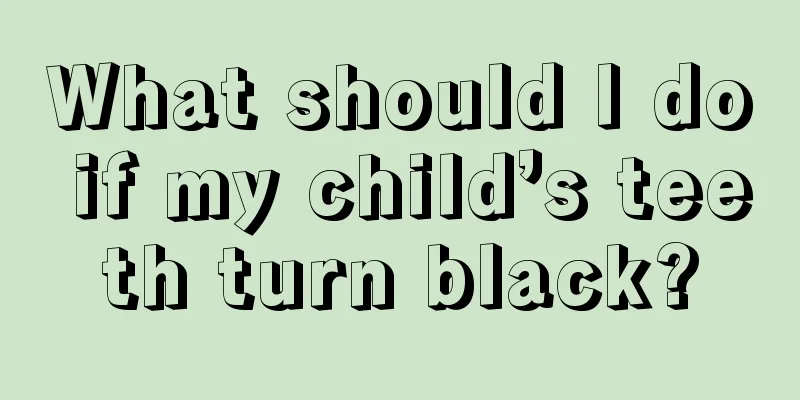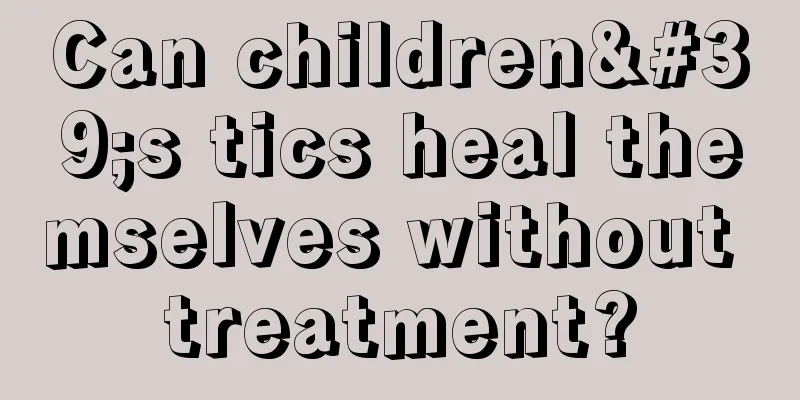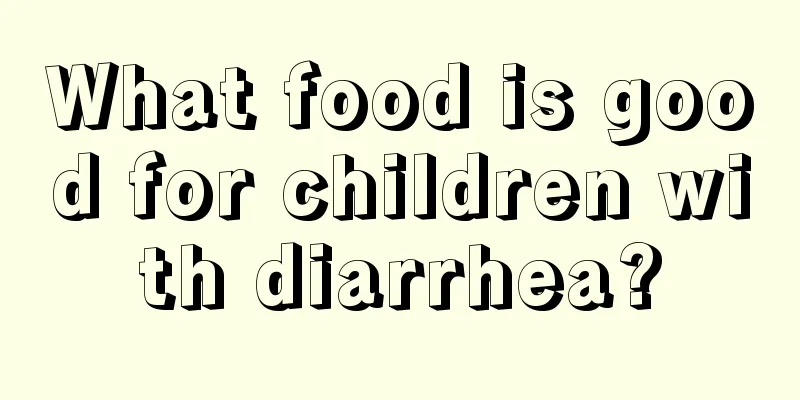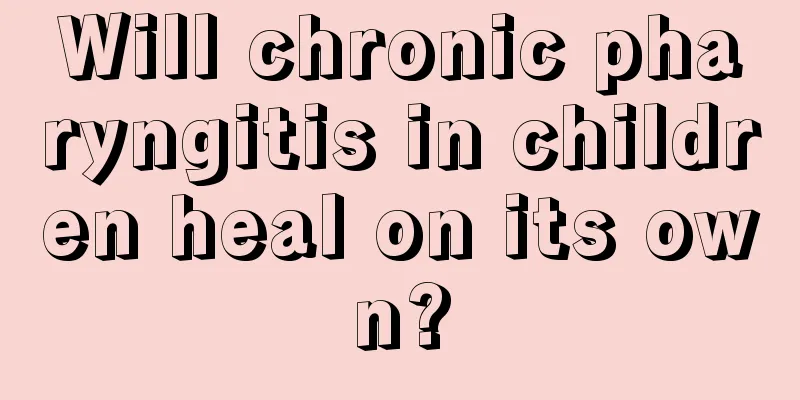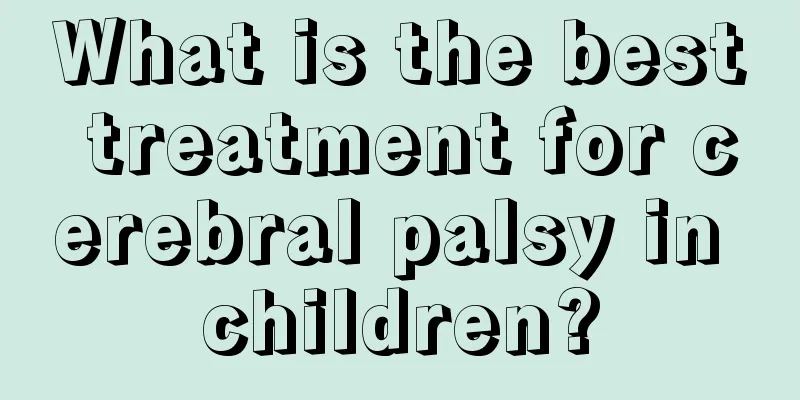Symptoms of pneumonia in children
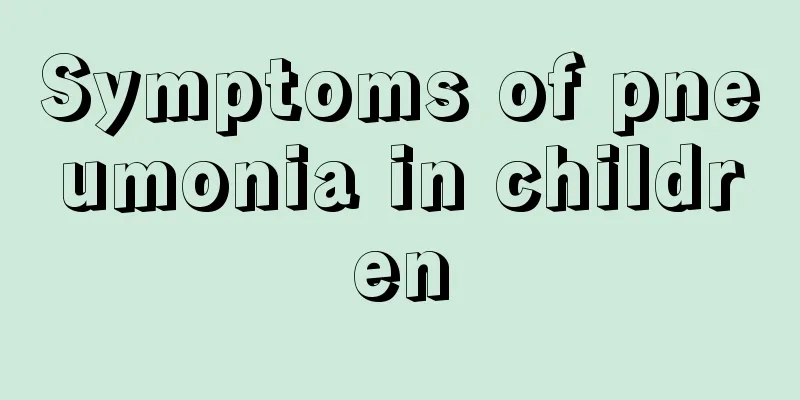
|
Children's defense system is always relatively weak because their immune system is still in the process of improvement and development, so their resistance to external viruses is naturally not as strong as that of adults. The most common diseases among children may be colds, fever and diarrhea. If the right medicine is not used in the early stage of treatment, it is very likely to turn into pneumonia, and it will cost a greater price to treat it then. No mother wants to see their child in pain, especially with tears in their eyes. No one can bear it. Pneumonia is also relatively common in children. Some children develop coughs due to early colds and their condition does not improve after taking medicine. If the condition is delayed for a long time, it will cause symptoms of pneumonia, which is quite serious. Let’s take a look at the symptoms of pneumonia in children. 1. General pneumonia Clinical manifestations of typical pneumonia include: (1) General symptoms: sudden or delayed onset. Sudden onset symptoms include fever, vomiting, irritability and shortness of breath. There may be a mild upper respiratory tract infection for several days before the onset of the disease. The early body temperature is mostly between 38 and 39 degrees Celsius, and can be as high as around 40 degrees Celsius. Most of them are remittent or irregular fevers. Newborns may not have fever or their body temperature may not rise. Most weak infants have a slow onset of illness, with low fever, and no obvious cough or lung signs. Choking, vomiting or difficulty breathing are common. Choking is sometimes very obvious, and milk may overflow from the nostrils during each feeding. (2) Cough: Coughing and phlegm in the throat are usually obvious in the early stages. In the early stage, it is a dry cough, which may be reduced in the extreme stage, and in the recovery stage, the cough may increase and there may be sputum. Newborns and premature infants may not have a cough, and may only have symptoms such as foaming at the mouth. 2. Severe pneumonia In addition to severe involvement of the respiratory system, severe pneumonia can also affect the circulatory, nervous, and digestive systems, resulting in corresponding clinical manifestations: (1) Respiratory failure: The early symptoms are the same as those of pneumonia. Once the respiratory rate slows down or neurological symptoms occur, respiratory failure should be considered and blood gas analysis should be performed in time. (2) Nervous system: Mild hypoxia is often manifested as irritability and drowsiness. Many young infants suffer from convulsions in their early years, mostly due to high fever or calcium deficiency. If convulsions are accompanied by obvious drowsiness and poisoning symptoms or persistent coma, or even tonic convulsions, hemiplegia or other brain signs, central nervous system lesions such as meningoencephalitis or toxic encephalopathy may occur. The above are some specific symptoms of pneumonia in children. Friends who have read it should have some understanding of this. If you find that your child has a severe cough and there is no sign of improvement, then you must go to a regular hospital for a check-up as soon as possible, otherwise it will seriously affect the child's life. I hope this will give parents some knowledge and understanding. |
>>: Baby teeth replacement precautions
Recommend
The harm of calcium deficiency
From childhood to adulthood, many people have gro...
What fruit is better for children to eat when they have a cough?
Children are a high-risk group for colds because ...
Can my baby take calcium when he has a fever? We must know the correct way to do it in the future
Calcium is essential for babies during their deve...
Why do children have trouble sleeping?
Poor sleep at night refers to the inability to fa...
What should I do if my two-year-old baby has a stuffy nose?
The healthy growth of children is very important ...
Vision correction methods for teenagers
With the continuous advancement of science and te...
What are the baby's development indicators at two weeks?
Nowadays, many mothers are very worried about the...
What are the nursing methods for premature infant convulsions?
With the influence of adverse social factors, mat...
The child does not sleep at noon
If children don’t sleep at noon, parents will fee...
My child is breathing rapidly and has wheezing sounds. What is wrong?
It is a very happy thing for parents to be able t...
Is it okay for a baby to sleep on his left side?
Generally speaking, babies have different sleepin...
Nursing of intussusception in children
Generally, intestinal intussusception occurs more...
The order of tooth development in children
Children's bodies need the care of their pare...
What is the best medicine for disinfecting a baby's belly button?
Everyone knows that babies have different physica...
How to care for newborns
Taking care of a newborn is a particularly diffic...

